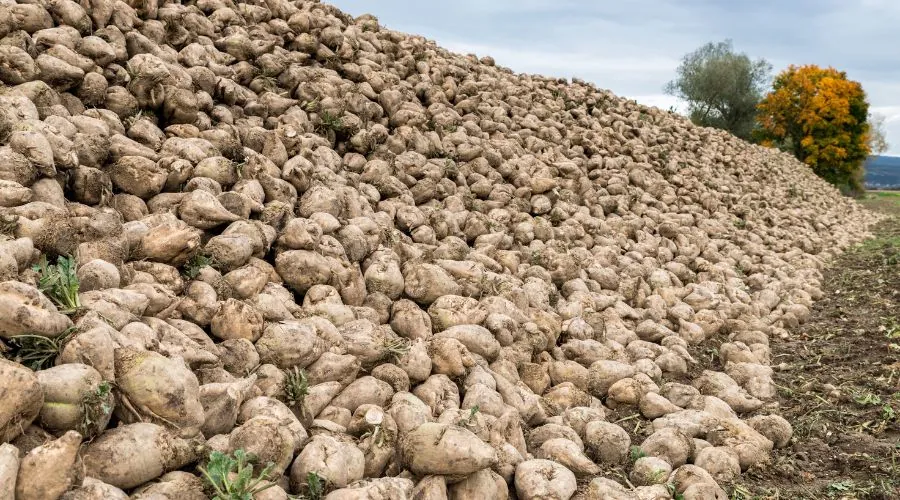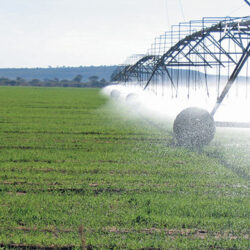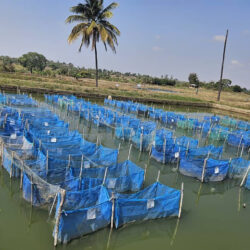The long-standing ban on South African vegetable imports by Namibia has been a source of ongoing frustration for farmers and traders, creating uncertainty and hindering regional trade within the Southern African Customs Union (SACU). While recent developments suggest a potential easing of restrictions, concerns remain.
“The recent past has seen significant trade friction within SACU, particularly with Botswana and Namibia imposing bans on South African vegetable imports,” says Wandile Sihlobo, chief economist at Agbiz. “These measures, aimed at protecting domestic industries, have created instability for South African farmers.”
Bennie van Zyl, general manager of TLU SA, echoed these concerns, highlighting the detrimental impact of unpredictable trade policies on farmers. “A stable market is crucial for profitability,” van Zyl emphasized. “The constant uncertainty makes it extremely difficult for farmers to plan and build sustainable relationships with market agents and consumers.”
While Namibia maintains that the ban is necessary to protect local farmers and ensure food security, critics argue that it hinders regional trade and could have unintended consequences for consumers.
“The market needs consistency to ensure produce is available on shelves for consumers,” van Zyl stressed. “A more nuanced approach is needed, one that balances the needs of domestic producers with the realities of regional trade.”
Despite these challenges, SACU remains a vital market for South African agriculture, accounting for approximately 20% of the country’s agricultural exports, valued at a substantial US$13.2 billion in 2023.
“The difference between exports to the EU and SACU lies primarily in the product mix,” Sihlobo explained. “The EU market favours fruits and wines, while SACU imports predominantly consist of grains and beverages.”
The potential lifting of the Namibian ban offers a glimmer of hope for South African farmers. However, navigating the complexities of regional trade agreements and finding a balance between supporting domestic producers and fostering regional integration will remain crucial for the long-term sustainability of the agricultural sector in Southern Africa.




